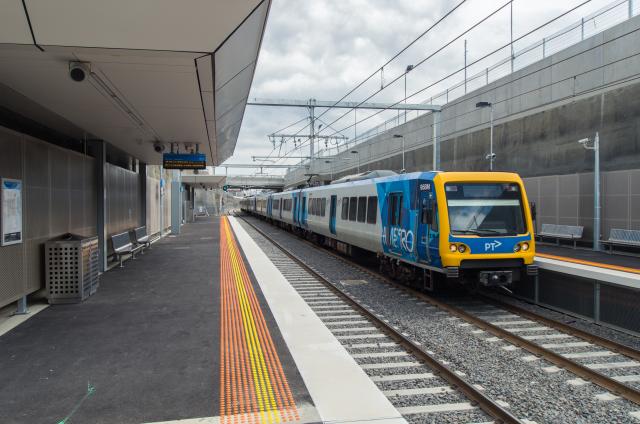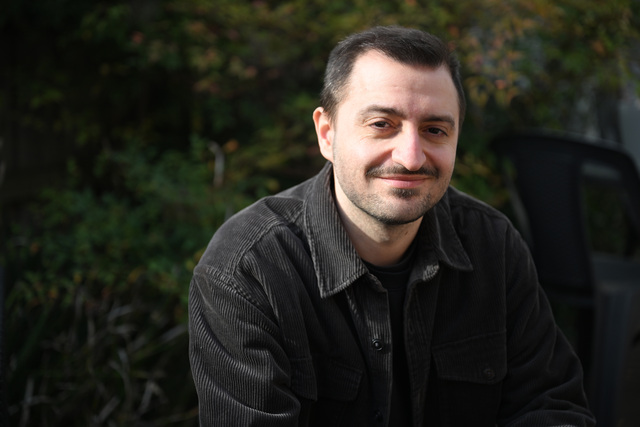A Point Cook real estate agent is the first person to be charged under the state government’s new corruption watchdog following a major investigation of alleged bribery at Williamstown Cemetery.
But the case against Simon Pierre Khouri, 37, is unlikely to allay widespread criticism that the Independent Broad-based Anti-corruption Commission lacks the authority to combat serious corruption.
The scale and cost of the elaborate investigation, code-named Operation Wyong, have fuelled further concerns about IBAC, which has received $170 million in government funding for four years.
Operation Wyong was launched early last year, after a complaint was received about alleged bribes being offered to staff of the Greater Metropolitan Cemeteries Trust in order to secure grave sites.
It is understood that Mr Khouri was seeking several adjoining grave sites for his extended family at Williamstown Cemetery, which is overseen by the cemeteries trust and its nine government-appointed trustees.
The amount of the alleged bribes is believed to be less than $5000. IBAC investigators are believed to have intercepted Mr Khouri’s phone for at least a month, used covert surveillance to monitor his movements, and on at least one occasion posed as a cemeteries trust employee.
Mr Khouri was charged in March and a contest hearing is scheduled at the Werribee Magistrates Court next month.
The charges have been branded ‘‘relatively minor’’ by legal academic Spencer Zifcak, who helped advise the Baillieu government before IBAC was established in February 2013.
‘‘It sounds very odd to me that they would pursue this … this is very small chips indeed. If IBAC had any political sense, they would have waited until they got a bigger case,’’ Mr Zifcak said.
Fairfax Media can also reveal that a similar complaint regarding Mr Khouri was previously made to police detectives at Altona North CIU, who decided not to pursue the matter.
Mr Zifcak said IBAC was hampered by legislation that required it to demonstrate a prima facie indictable offence had occurred before an investigation could be launched.
‘‘The threshold is extremely high and the legislation urgently needs to be reformed so serious cases of corruption can be examined,’’ Mr Zifcak said.
In April, IBAC’s Commissioner, Stephen O’Bryan, SC, called on the state government to amend the IBAC Act to ensure the commission could investigate serious misconduct.
In a report to Parliament, the corruption watchdog said the legal threshold was “vague, too high and therefore liable to challenge in the Supreme Court”.
“There have been corrupt conduct allegations where IBAC has not felt able to commence investigations because of threshold restrictions in the IBAC Act,” the report said.
Premier Denis Napthine said he would act on Mr O’Bryan’s concerns, but the government is yet to announce any additional powers for the fledgling agency.







